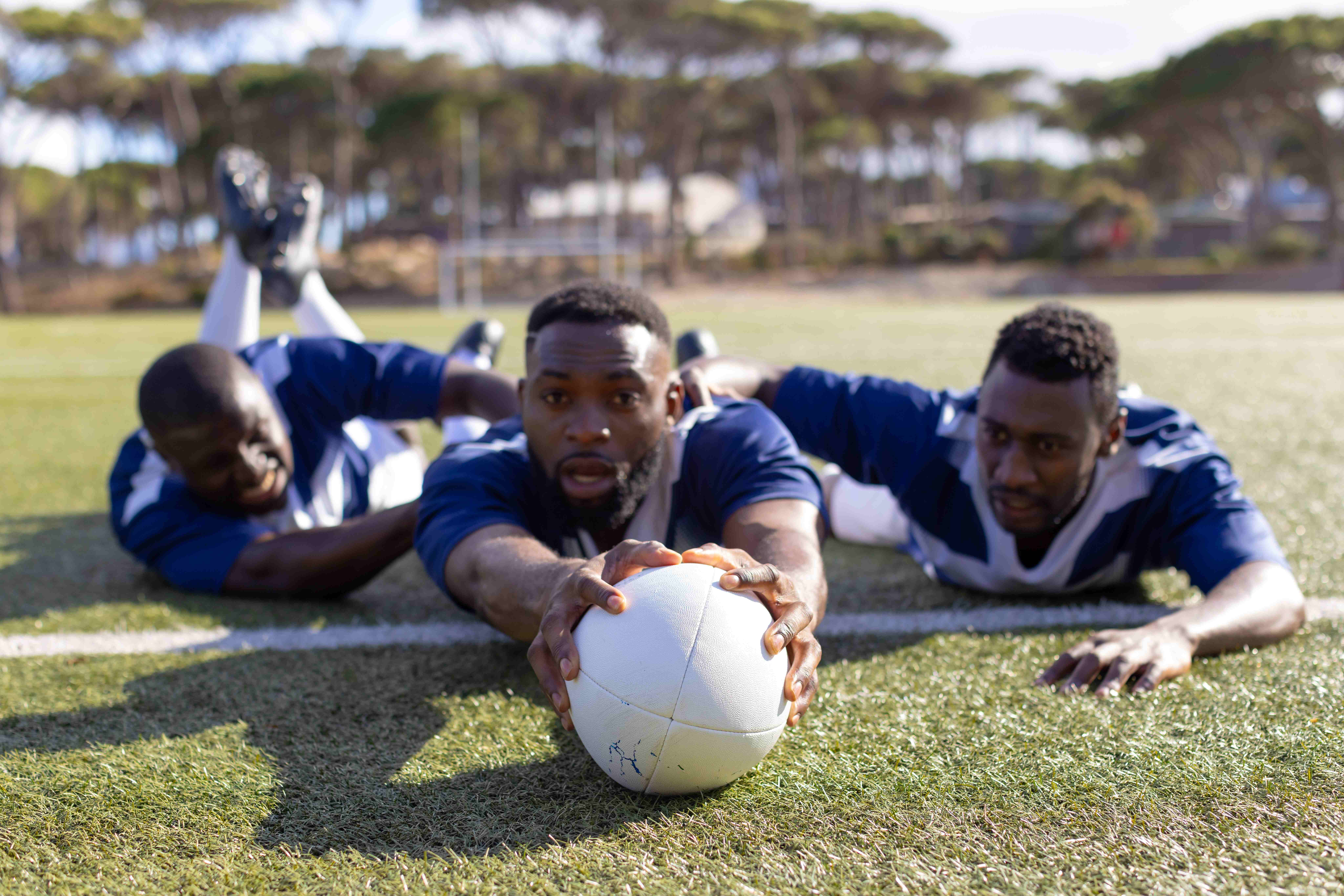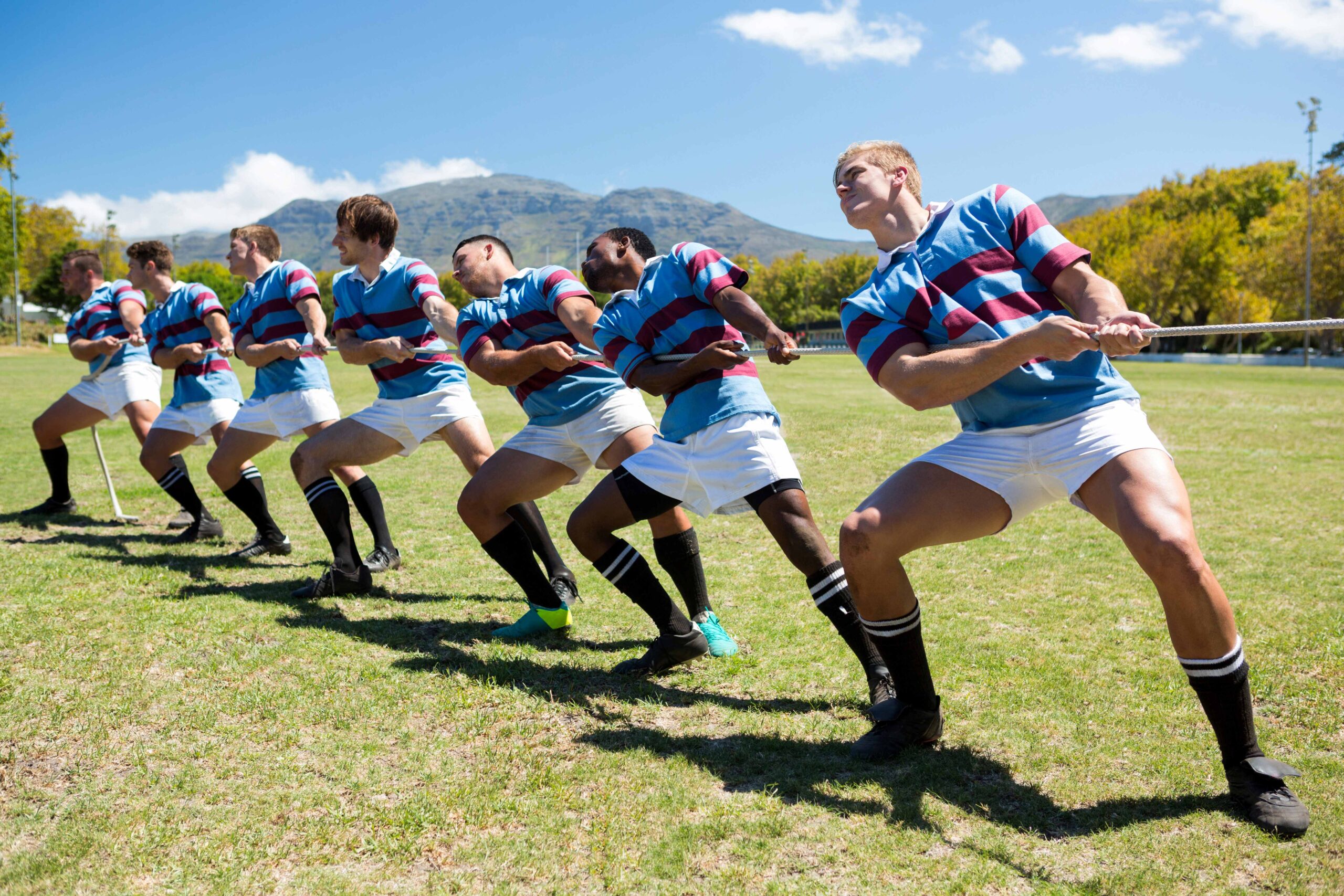For many kids growing up in Corsica, rugby isn’t just a game you play after school. It’s a lifeline. A place where confidence gets built, friendships are forged, and tough lessons are learned in the mud, not the classroom.
Most of these kids don’t dream of becoming professionals. Some of them don’t even own proper cleats. But week after week, they show up—rain or shine—because rugby offers something more than trophies: it offers purpose.
A Training Ground for Life
Ask any local coach what they’re really teaching, and the answer isn’t “winning.” It’s how to get back up after a hit. How to listen. How to lead without shouting. How to lose without blaming the ref.
The fields may be rough. The jerseys might be second-hand. But the lessons are top-tier.
And the players? They’re not just athletes. They’re sons and daughters, future workers, neighbors, and—eventually—maybe even coaches themselves.
What It Looks Like on the Ground
Youth rugby in Corsica doesn’t follow a polished routine. It’s real life, woven into school schedules, family meals, and muddy shoes left by the front door. The rhythm is shaped less by strict planning and more by who can give a ride, which field is available, and whether the old ball pump still works.
The kids don’t complain. They’re used to the rhythm, the dust, the occasional chaos. To them, this is what rugby is supposed to be. Here’s what a typical week might look like for a youth rugby club in Corsica:
- Monday & Wednesday evenings: Training on a dusty patch of land. Sometimes the lights flicker. Sometimes the ball is half-flat. No one cares.
- Friday: A quick team huddle after school. Strategies discussed, jokes exchanged, last-minute reminders shouted over backpacks.
- Saturday match day: Long drives to nearby villages. Parents squeeze into cars, bring sandwiches, and help carry gear. Everyone’s tired, but no one complains.
It builds something solid—trust, discipline, and a sense of belonging. These moments, small as they seem, are the heart of rugby on the island.
Not Just for the Boys
A quiet shift has been happening in recent years—more girls are joining the game. Some are younger sisters who got tired of watching from the sidelines. Others just wanted a sport where effort mattered more than style.
Touch rugby events have been a game-changer, opening doors for mixed-age and mixed-gender play. And once girls step onto the pitch, they usually don’t step back.
There’s no special treatment. And that’s the point.
What Keeps It Going
There’s no secret funding. No flashy sponsorships. What keeps youth rugby alive in Corsica is commitment—the kind you don’t write about in headlines.
- Coaches who give up their evenings.
- Volunteers who line the field with chalk from the hardware store.
- Players who show up after long school days, still in half-uniform.
This isn’t about producing stars. It’s about producing good humans.
Why It Matters
In a world where kids are glued to screens and sports are becoming increasingly elitist, rugby in Corsica feels like a throwback—in the best way. It’s honest. It’s physical. It teaches respect in the most direct way possible: by making you earn it. And the island is better for it.
